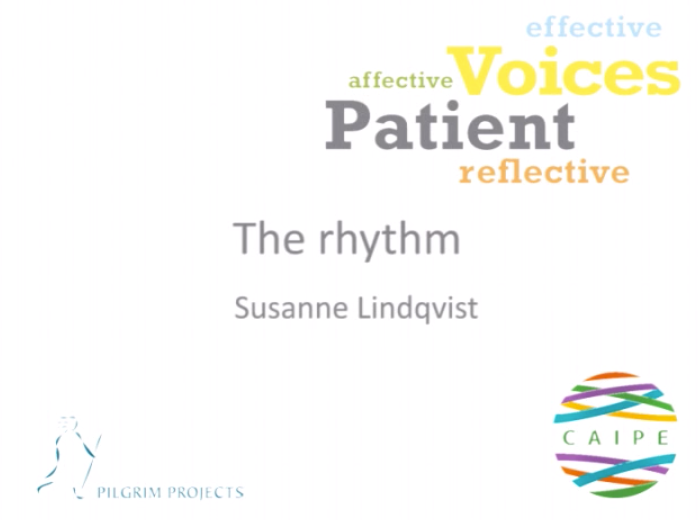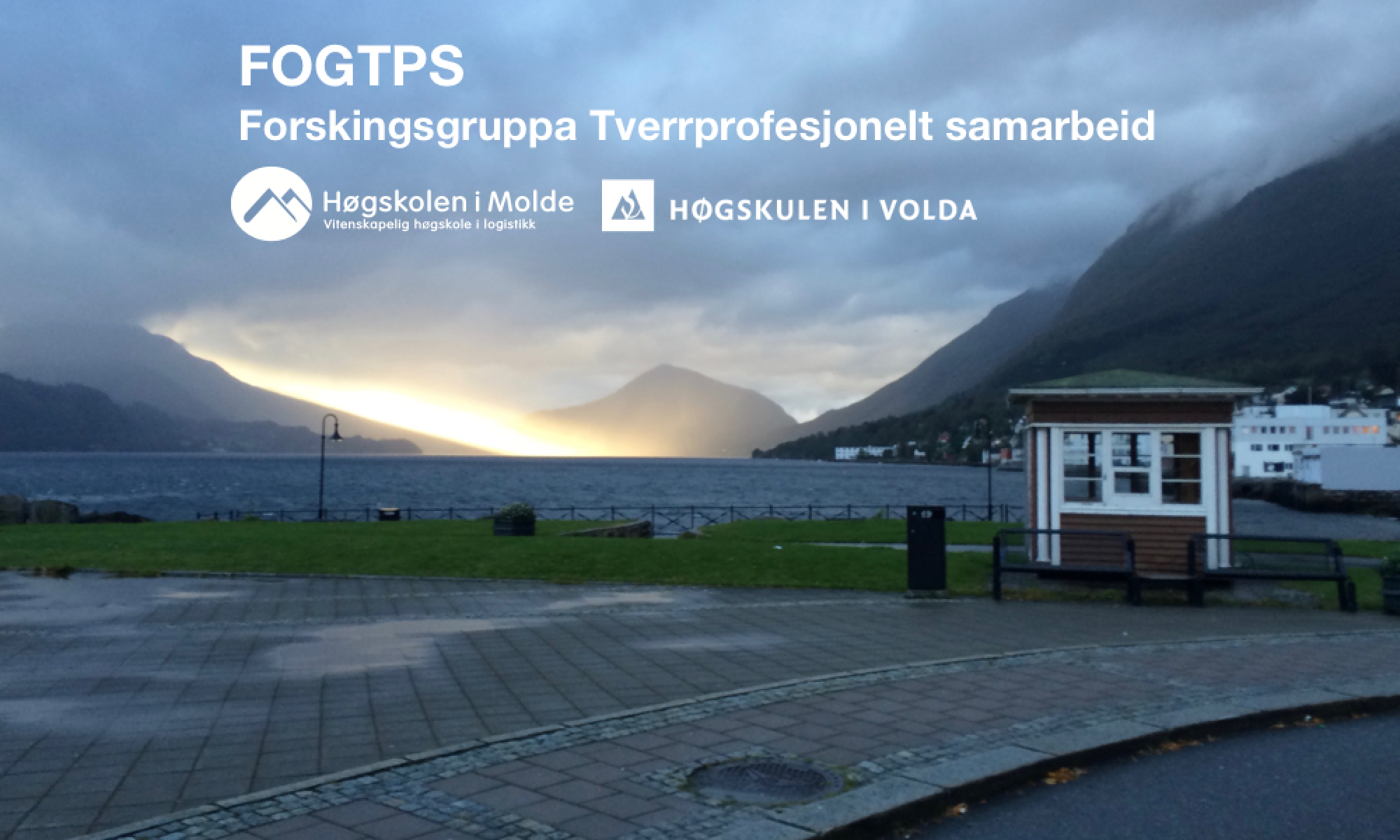Written by Professor Susanne Lindqvist – s.lindqvist@uea.ac.uk

The image above links to a very short video (2 ½ min, click on image or see: https://vimeo.com/285844718). It is one of nine short videos created by Patient Voices and a number of people involved in the Centre for the Advancement of Interprofessional Education (CAIPE). The aim of the videos was to share personal experiences of leading interprofessional learning (IPL) opportunities to which CAIPE played a role.
When we created these films, we were asked: so, what is your film about? What is it really about? What is it really really about?…
When captured in one word, my video is about ‘resilience’. But, to describe it more, I would say it is about happiness, grief, hope, leadership, passion, teamwork, ambition, dreams, success, failure, anger, sadness, tenacity, learning, growth, humility, gratitude and the knowledge that all this has ‘a rhythm’.
If you watch the film, it may trigger different thoughts and feelings, depending on where you ‘are at’, how you relate to IPL, and/or if you have been leading on something that went through a radical top-down change.
About a year prior to this film being developed, I worked together with a group of colleagues in Molde to investigate university teachers’ views of their role in promoting learning outcomes related to IPL. As some of you already know, this study is now published:
Lindqvist S, Vasset F, Iversen H.P, Almås S.H, Willumsen E & Ødegård A. ‘University teachers’ views of interprofessional learning and their role in achieving outcomes – a qualitative study’ Journal of Interprofessional Care, 2018, DOI: 10.1080/13561820.2018.1534809
As a lead researcher for the above study at UEA, I had mixed feelings whilst listening to colleagues views and faced with the reality that we did not all have the same view of teachers’ role in promoting IPL, or indeed of the value of IPL per se. When hearing teachers ask: is it [IPL] worth the effort? I wanted to reassure them how much their input and contribution was valued, that of course it was worth it! I wanted to – again – emphasise that these outcomes are about culture change, and that such change takes time… As researcher, of course I could not contribute to such discussions at the time of data collection so it was ‘sobering’ to listen to all views. Of course there were teachers who – in my view – had ‘seen the light’ and who not only appreciated their role in promoting outcomes, but also how to actually do this as part of their every-day teaching. However, despite many positive views, the study with Molde confirmed to me the inert challenge with IPL.
In parallel with the study, I was told that the funding to the Centre for Interprofessional Practice (CIPP) was going to reduce, that IPL delivery was going to be hand over to the schools and that my team would be dispersing as a result. The pain was real…
All that effort, all those years… Now what?
The short video was timely. It helped me reflect on the past and the new direction of CIPP and IPL at UEA. We are still in the process of carving our new path for IPL and I look forward to the second phase of the study with Molde. In particular, we would like to investigate the blocking assumptions underlying the views of university teachers that were presented in our previous study so that we can develop a framework for effective integration of IPL.
For those of you who wonder about IPL at UEA and if it ‘survived’… yes, some of it did, but without a dedicated team (i.e. CIPP) holding all the different strings and making sure interventions are educationally sound and lead to the desired outcomes. It is tough for colleagues in the different schools at UEA who now need to do all this on their own with little time and competing commitments. Saying that, some members of CIPP are still around to actively help staff so that they do not have to ‘re-invent the wheel’. Also, with time, new teams will form and new opportunities IPL will continue to develop.
Going forward with CIPP, our immediate aim is ‘To make a significant contribution in the field of interprofessional practice that is recognised by students, professionals and those who receive care’. We are currently doing this by supporting the development of IPL offered to students and engaging in research that are relevant to developing interprofesisonal learning and practice. We are also providing coaching to leaders in clinical practice with the aim of supporting them to implement change, deal with challenging situations and colleagues and try help shape ‘the rhythm’.
